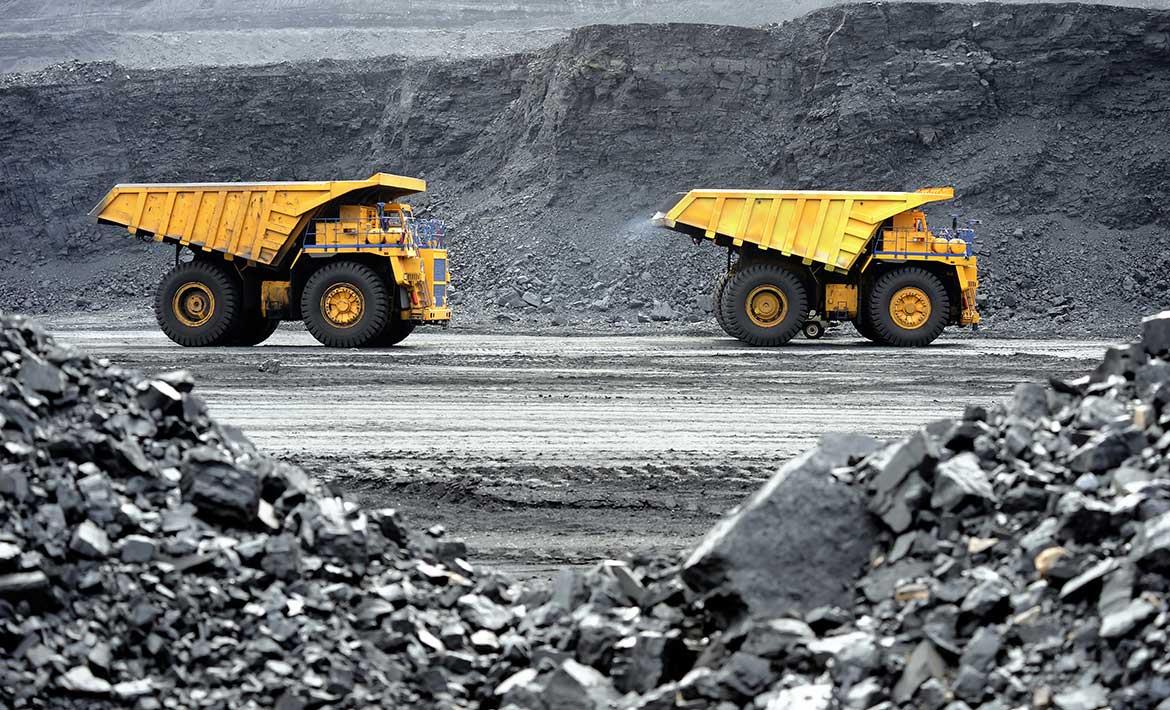Challenges and triumphs of investing in the mining industry

Since the diamond and gold rush in the late 1800’s, virtually everything has changed in the mining industry. And yet, for some individuals it remains a dream to own a mine, achieve a high level of personal success and benefit from the potential excessive wealth which is associated with the industry.
“Certainly, the reality of acquiring a mine has changed dramatically. Long gone are the days of mules, wheelbarrows and shovels to set up shop. Today yellow machines and alternative mining methods spell the difference between extreme riches and bankruptcy,” says Corrie Coetzee of Aldes Mining. “Starting up in the mining industry has its own unique requirements and potential buyers need to have a clear understanding of the challenges and a knowledgeable partner to guide them through the process,” Coetzee explains.
Potential investors must be aware that commercial banks are unwilling to finance mining ventures due to the high risk involved. Development corporations might only give funding after a lengthy application process and a sizable contribution by the prospective investor. In both instances, a full business plan detailing all the various aspects of the mining operation is required.
Another aspect that investors must be aware of is that the mining industry is the backbone of economies in all African countries, and therefore it is governed by strict rules and laws which differ from country to country. What applies in South Africa does not necessarily hold true for other African countries. In South Africa, for example, an investor is compelled to have 26% of the mining company in the name of previously disadvantage citizens, making up the Black Economic Empowerment equity. This does not apply in the rest of Africa.
“It is vital that the investor understand these requirements, and that they are made aware of all the pitfalls, dangers and regulations that must be adhered to in order to have a key in hand to start the operation,” Coetzee emphasises.
Some of the major challenges are:
- Mining Rights and Licences that is a prerequisite necessary to operate legally. In order to obtain it, one must present a mining plan which is normally drawn up by professionals at a vast expense.
- A water licence is necessary to operate within the law. The main parameter is the contamination of existing water resources.
- The mining industry is one of the major users of electricity and if it is not available, there won’t be a mine.
- Labour unions are supposed to look after the wellbeing of the workforce, but has unfortunately become politicised.
- Worldwide commodity prices have been suppressed due to depressed economies and the fight for market share by the major players.
- The majority of commodity prices are coupled to the US Dollar, so the exchange rate impacts on this. The disadvantage is that the mining machines and plants are also coupled to the dollar and acquiring it with local currency can be extremely expensive.
“Becoming a valued customer of Aldes Mining counts in the investors favour,” Coetzee says. Aldes qualifies the potential investor, ensures funds are available for a potential acquisition, spells out all the pros and cons, ensures the licenses are on file and guides the investor step by step in the acquisition process. “Investors have access to the Mining Assist Programme – a database with geologists, planners, mining contractors and engineering experts that can take up full time employment. If the project is sizable enough, Aldes can arrange finance assistance if needed,” Coetzee explains.
Aldes Mining’s team is able to assist with every aspect of the acquisition process. With Aldes Mining it is possible to make that elusive dream come true. For excellent business advice and guidance, speak to Aldes today. They are the undisputed leaders in the mining business broking industry in Africa. Whether you want to buy or sell, they will be able to assist you with the entire process. Go to www.aldes.co.za or www.aldesmining.co.za for more information.
